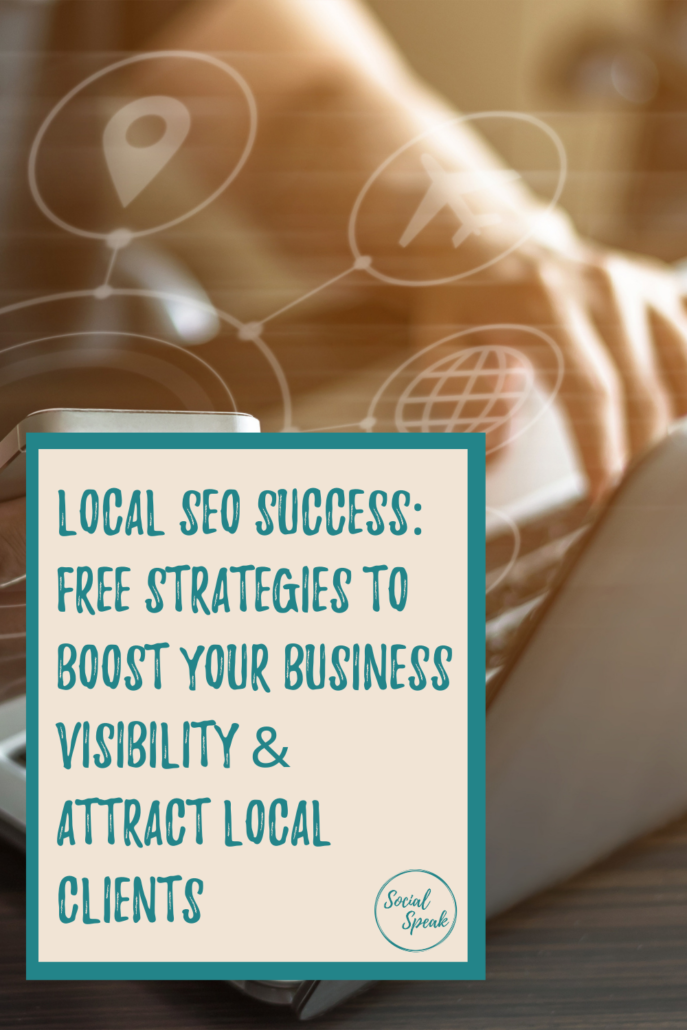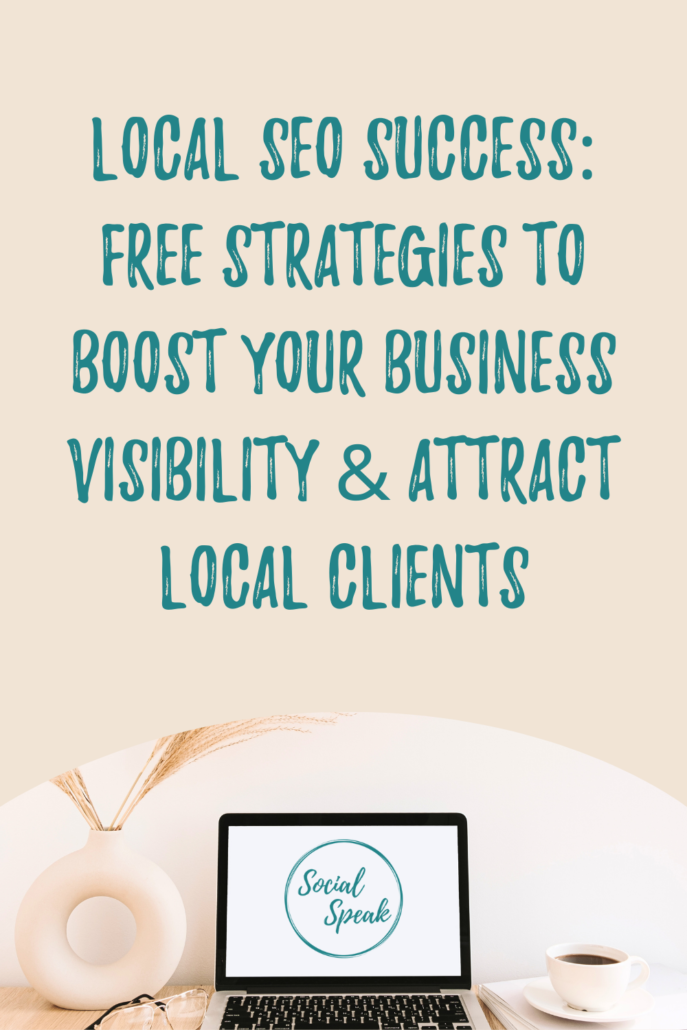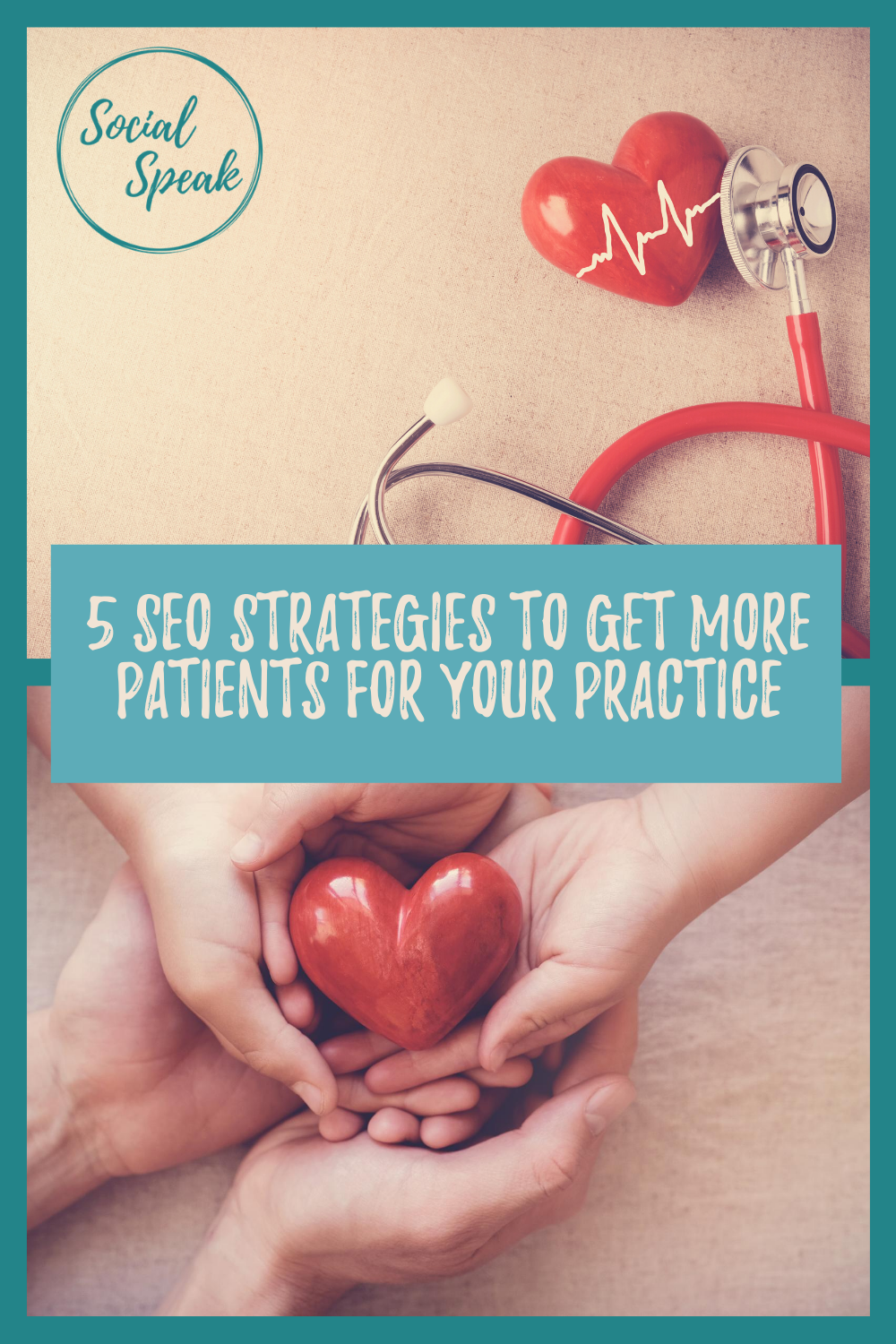Struggling to attract clients in your area? You’re not alone. Many local businesses face the challenge of getting noticed in a crowded market. But what if there was a way to boost your online visibility, ensuring that local customers find you exactly when they need you?
This is where local SEO comes in. It’s a powerful strategy to elevate your business in local search results.
What is Local SEO?
Local SEO is about making your business stand out in online searches within your community. It’s an effective strategy to draw in more business by ensuring you appear right where your potential customers are looking. The best part? You don’t have to spend a dime on ads to achieve this.
Let’s explore how local SEO can transform your business’s online presence and bring those local clients straight to your door.
Free Local SEO Tactics to Boost Your Rankings
Imagine being the first name that pops up when someone in your area searches for what you offer. That’s the magic of local SEO. It’s not just about being online. It’s about being found by the right people in the right place at the right time.
Google My Business (GMB) Optimization
Google My Business is your digital storefront on Google. It’s the first thing people see when they search for your business, so you want to make the most of it.
Follow these steps to optimize your Google My Business listing:
- Claim and Verify Your Listing: Claim your GMB listing and get verified to prove your business’s legitimacy to Google.
- Fill Out Every Detail: Complete every section of your GMB profile. This includes your business name, phone number, address, website, categories, attributes, etc. The more comprehensive your profile, the better Google can match your business with local searches.
- Choose the Right Business Categories: Select categories that accurately represent your business. Your primary category should be the main line of your business, with additional categories to cover other services you offer.
- Write a Compelling Description: Your business description should clearly state what your business does, what sets it apart, and why customers should choose you. Keep it concise but informative.
- Post High-Quality Photos: Photos greatly enhance your listing. Include interior and exterior shots, images of staff at work, and any products or services. Regularly update your photos to keep your profile fresh and engaging.
Tailoring Your Website for Local Appeal
When local customers search for services or products you offer, your website should be among the first they find.
Achieving this visibility requires a focus on website localization. This process ensures your website speaks directly to your local audience, making it more relevant and attractive to them.
Here’s how to do it:
- Research Local Keywords: Understand what terms locals use when searching for your products or services. These keywords often include your city, neighborhood, or region.
- Incorporate Keywords Naturally: Sprinkle these local keywords throughout your website’s content, including titles, headings, meta descriptions, and body content. The goal is to appear for local searches without compromising the natural flow of your text.
- Update Regularly: Local trends can change, so review and update your keywords periodically to ensure they stay relevant.
- Dedicated Pages for Each Location: Create a separate page for each area if your business operates in multiple locations. Also, ensure each location page is fully optimized with local keywords, meta titles, and descriptions.
Amplifying Visibility Through Local Directories
Local directories are powerful tools that can significantly enhance your visibility in local search results. It can help you reach those who are actively searching for your products or services.
- Google My Business: An absolute must for any local business. This is essential for appearing in Google searches and Maps.
- Yelp: A popular directory for customer reviews, widely used for restaurants, entertainment, and services.
- Bing Places for Business: Similar to Google My Business, but for Bing’s search engine.
- Local Chambers of Commerce: Adds credibility and local relevance, often providing a backlink to your website.
- Industry-Specific Directories: Identify and target directories specific to your niche. These can range from TripAdvisor for tourism and hospitality to Avvo for legal services, offering highly targeted visibility.
Boost Your Local Presence with Social Media
Social media is a powerful platform for engaging directly with your local community and enhancing your business’s local visibility. It allows you to reach more local customers, engage, and build relationships with your audience.
Here’s how to use social media to enhance local visibility:
- Localize Your Social Media Profiles: Ensure your business profiles include your location. This can be as simple as mentioning your city or neighborhood in your bio or about section.
- Use Geo-Tags and Check-Ins: Use geo-tags to mark your location whenever you post on social media. Encourage customers to check in at your business, sharing their location with their network.
- Promote Local Events and Offers: Social media is the perfect platform to share information about local events, promotions, or offers. These can be events you’re hosting, participating in, or simply supporting.
- Participate in Local Conversations: Engage with other local businesses and community groups on social media.
- Use Local Hashtags: Research and use local hashtags related to your city, neighborhood, or local events. This makes your content discoverable to those interested in your local area.
Strengthen Your Local SEO with Strategic Backlinks
Backlinks are links from other websites to yours. They are among the most influential factors in SEO.
Search engines view backlinks as an indicator that others vouch for your content, boosting your site’s authority and search rankings. Acquiring backlinks from reputable local sources can significantly enhance your visibility in local search results.
Consider these strategies for acquiring local backlinks:
- Partner with Local Businesses: Collaborate with non-competing local businesses to link to each other’s sites. For example, a local gym could partner with a nearby health food store for mutual promotions.
- Sponsor Local Events or Charities: Sponsoring local events, teams, or charities boosts your community involvement and often results in a backlink from the event’s promotion page or press releases.
- Join Local Business Associations: Membership often comes with a profile page or directory listing that includes a backlink to your site. Examples include the local Chamber of Commerce or business improvement districts.
- Participate in Local Awards or Contests: Being nominated or winning local awards usually gets covered by local media and can generate backlinks from news sites and award directories.
Remember, the quality of backlinks matters more than quantity. Focus on building relationships with reputable local entities that add value to your community.
Final Thoughts
Embracing local SEO is a game-changer for businesses aiming to enhance their online visibility without the hefty price tag of traditional advertising.
Local SEO success begins with optimizing your Google My Business listing, website localization, getting listed in local directories, engaging on social media, and building meaningful local links.
Each action you take solidifies your presence in the community, making it easier for local customers to find and choose you over competitors.
Now is the time to harness the full power of local SEO. start improving your local SEO today and watch your business thrive, all without spending a dime on ads.









